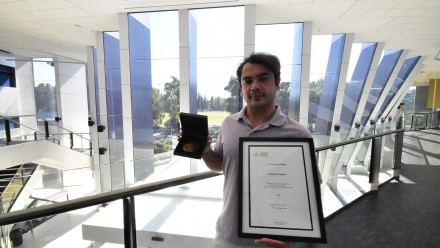Experimenting on future children: How do early adopters shape the ethics and regulation of new technologies?
Seminar Synopsis
While CRISPR-Cas9 has dominated the science headlines in recent years, there has been a broad social and moral consensus that it is too soon to move to clinical use of genome editing in human reproduction. Nevertheless, Chinese scientist He Jiankui reported the use of CRISPR in the births of two girls last year. In this paper, Professor Mills explores the question of what social and ethical effects such early adoption of innovative technologies in the context of human reproduction may have, focusing on scientists, women and future children.
Professor Mills argues that responsible innovation in human reproductive technologies requires thinking beyond standard concerns with individual consent, autonomy and risk to broader ideas about shared life-worlds and intersubjectivity.
About Catherine Mills
Professor Catherine Mills is located in the Monash Bioethics Centre at Monash University, where she previously held an ARC Future Fellowship. Her research addresses ethical issues in genomics and innovative reproductive technologies. In current projects, she examines the moral responsibilities of women in pregnancy, as well as the ethical, social and legal implications of inheritable genomic modification of humans. This includes technologies such as CRISPR-Cas9 and mitochondrial replacement techniques. She has an extensive record of academic publication and success in competitive funding in her areas of expertise.












